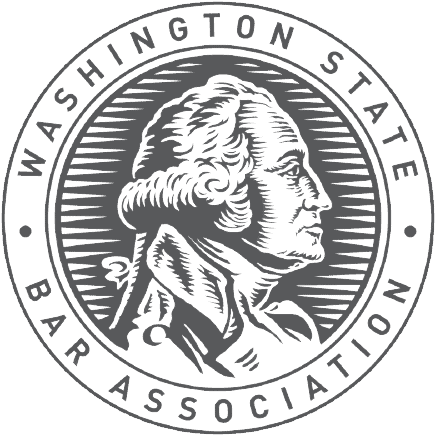Trusts are powerful tools for asset protection and estate planning, but not all types are created equal. Choosing between a foreign offshore trust and a domestic trust is a complex but necessary step toward minimizing your liability and protecting your wealth.
This guide will explore the key differences between these two options to help you make an informed choice.
Understanding Your Asset Protection Options
Foreign Offshore Trusts are established outside the U.S., often in jurisdictions renowned for strong asset protection laws. They offer a higher level of security for your assets.
- Strong Asset Protection: These trusts are designed to shield your assets from creditors, offering a robust defense against potential financial claims. Many offshore jurisdictions have laws that specifically protect trust assets from the reach of foreign creditors.
- Enhanced Privacy: Offshore trusts generally provide a greater degree of confidentiality compared to domestic trusts. The laws of many offshore jurisdictions place strict limitations on the disclosure of trust information.
- Investment Flexibility: These trusts often allow for a wider range of investment opportunities, including those that may not be readily available in the U.S. market.
While offshore trusts offer significant benefits, they also come with complexities. Setting offshore trusts up and managing them can be costly and time-consuming, especially while ensuring you comply with foreign laws and regulations. Additionally, understanding U.S. tax implications is crucial to avoid potential penalties domestically.
Selecting a jurisdiction and drafting the trust for each unique scenario is key to success, so please contact Harbor Law Firm for more details.
Domestic Trusts are created within the United States and operate under familiar legal frameworks. Unfortunately, a standard domestic trust offers Washington residents almost NO asset protection, as Washington state is not a Domestic Asset Protection state. Therefore, you should choose another jurisdiction, such as Nevada or South Dakota.
Additionally, Washington state has rules that make it difficult to achieve asset protection if the grantor is also a beneficiary. As a result, a “hybrid” trust is often set up where the beneficiary is someone other than the grantor. Each situation is unique, so please contact Harbor Law Firm with any questions.
On the plus side, domestic trusts are generally easier to manage and more accessible than offshore trusts.
- Simplicity and Accessibility: Domestic trusts are subject to U.S. laws, making them simpler to understand and manage for U.S. residents.
- Cost-Effective: It’s typically less expensive to establish and maintain domestic trusts than offshore trusts.
- Familiarity: Domestic trusts align with the legal and cultural framework of the U.S., which some individuals may prefer.
While domestic trusts offer convenience and familiarity, they generally provide less asset protection compared to offshore options. Creditors may have easier access to trust assets through U.S. courts. However, some states have enacted laws to strengthen asset protection within domestic trusts.
Choosing the Right Trust for You
The best trust for you depends on your specific circumstances, goals, and risk tolerance. Consider the following factors when making your decision:
- Asset Value: The size and nature of your assets will influence the level of protection needed.
- Risk Tolerance: Your comfort level with potential legal challenges and financial risks will impact your choice.
- Investment Goals: Your investment preferences and desired level of control over your assets should be considered.
- Tax Implications: Understanding the tax consequences of both options is essential.
- Estate Planning Objectives: Your long-term goals for wealth transfer and legacy planning will influence your decision.
Harbor Law Firm can help you weigh the pros and cons of each trust type and develop a comprehensive asset protection strategy tailored to your needs. Our experienced attorneys will guide you through the complexities of trust law and ensure your wealth is protected.
Contact us today to schedule a consultation and learn how we can help safeguard your assets.



